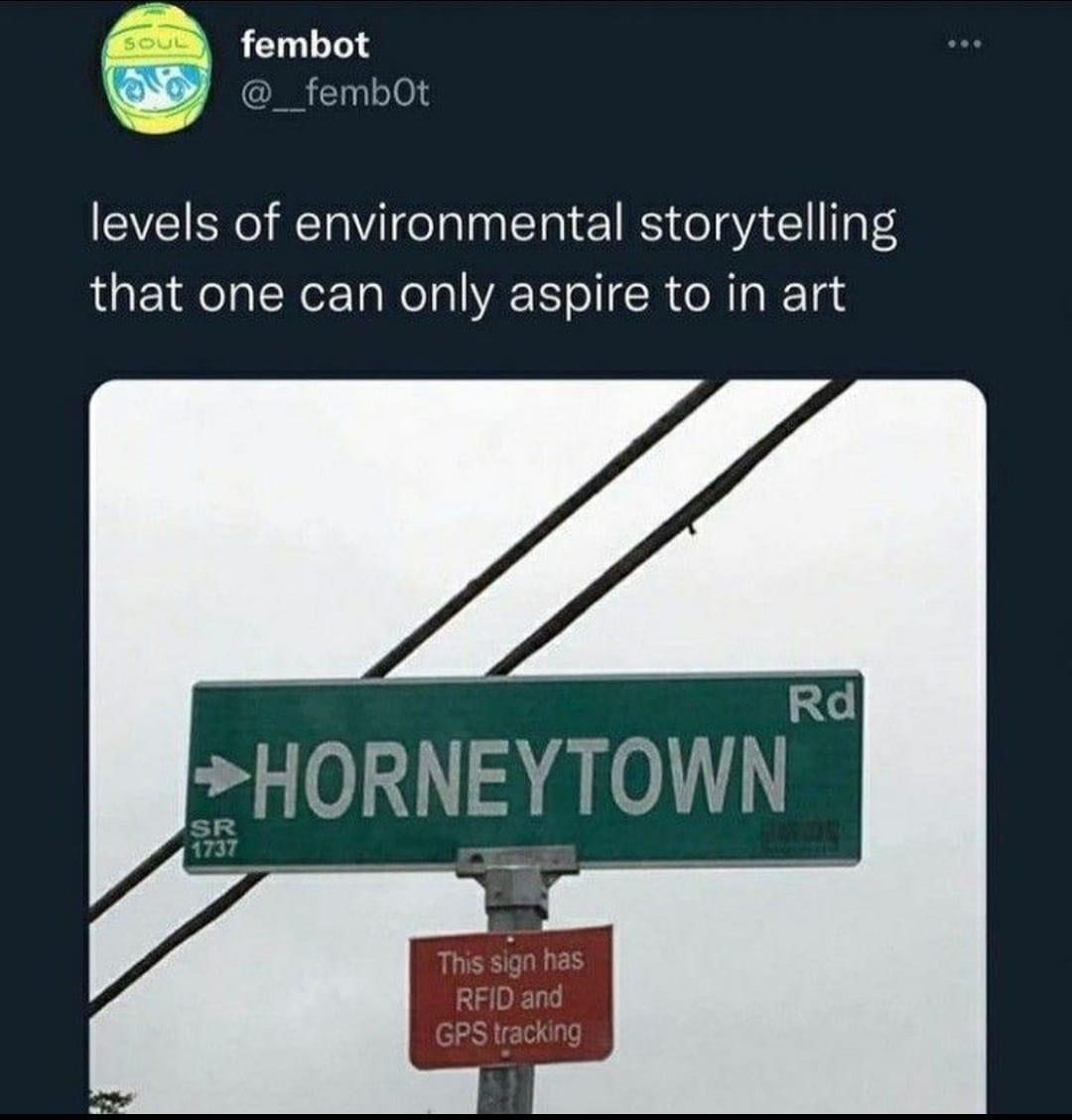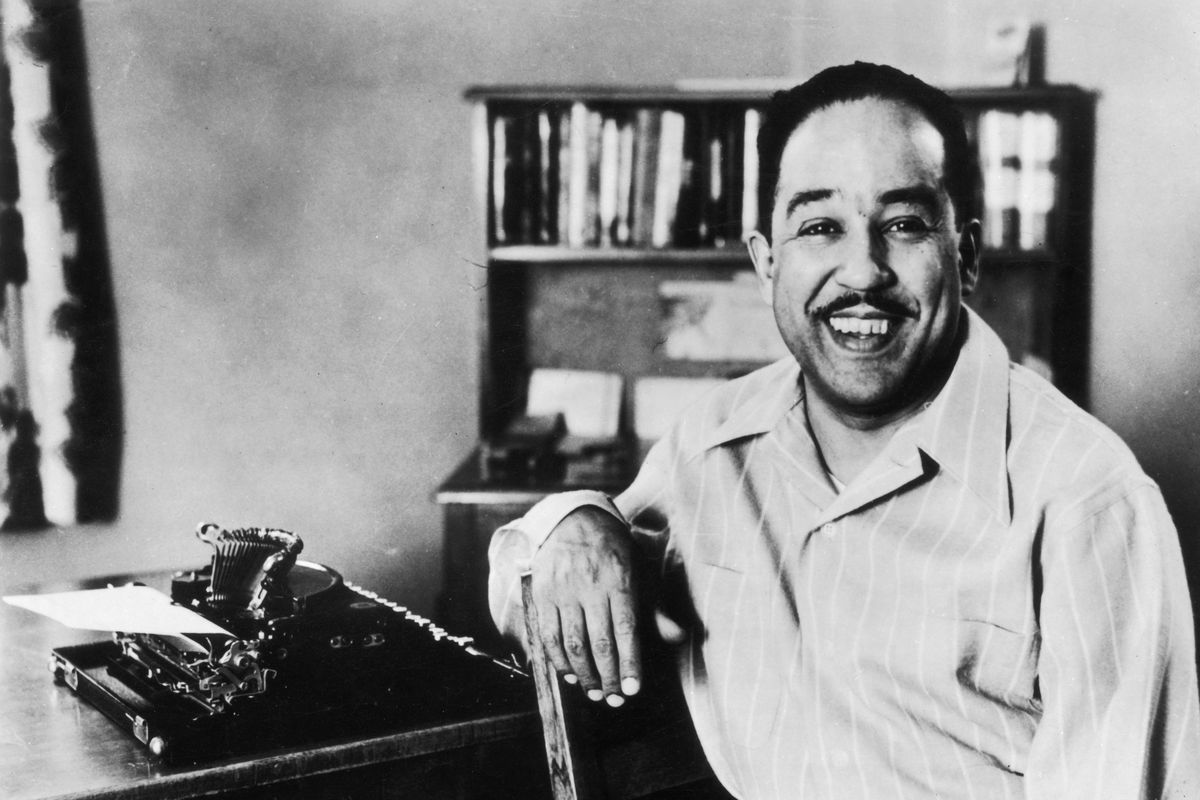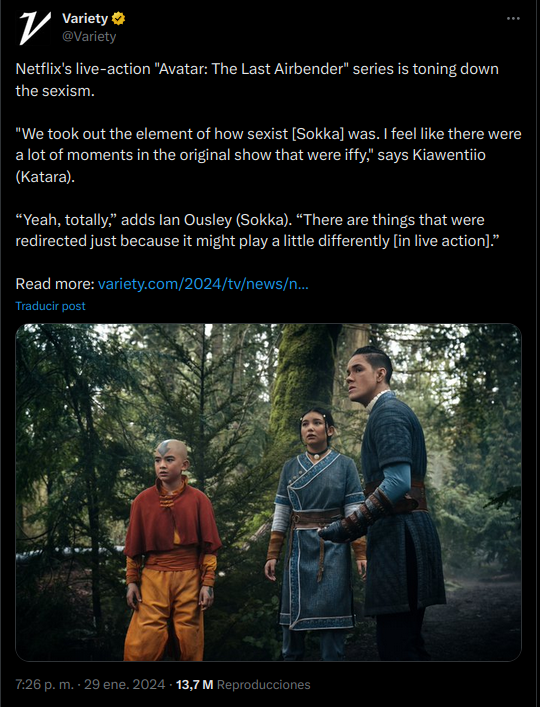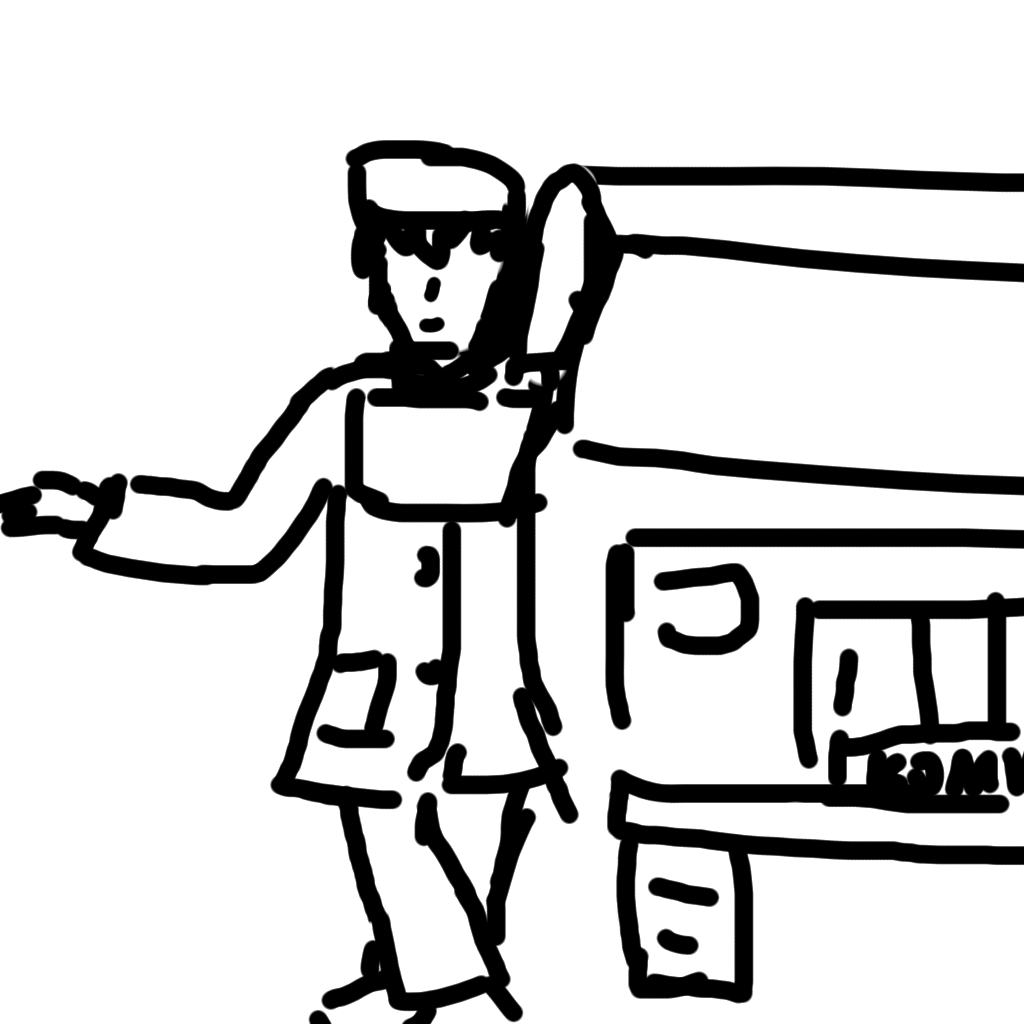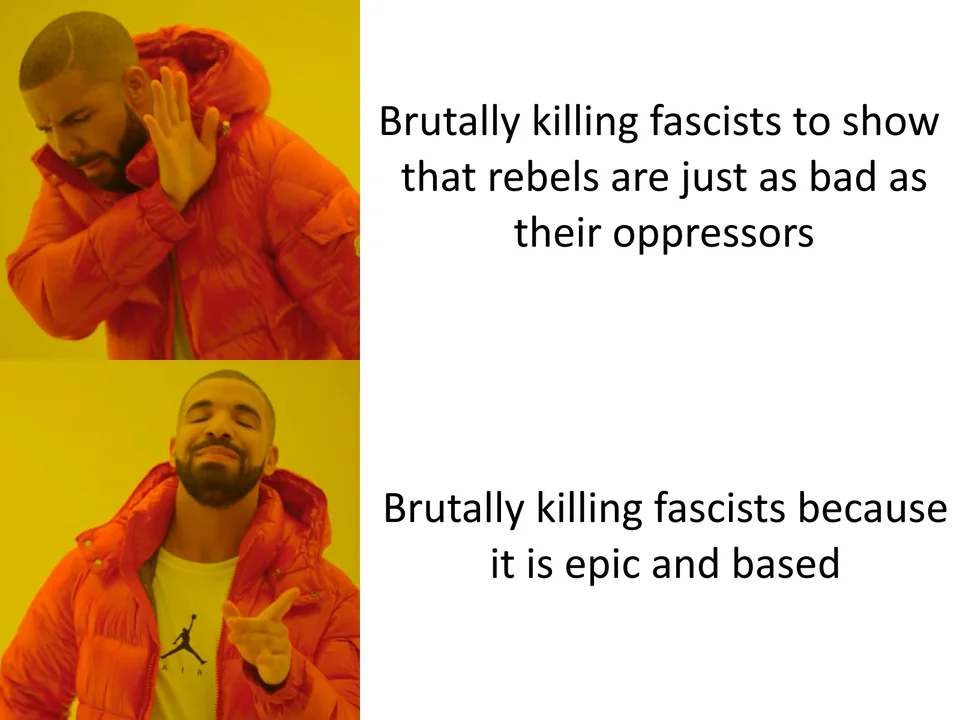it is certainly hard when even during the very warmest days of summer you feel a certain tinge of isolated, dark chill
that gets into every cell of your body, it forgives nothing
everyone knows Winter is cold
but have they ever felt like they were in the warmest of the blanket
which says "you have me" to their body
but they still feel that any second the damnations of hypothermia may get them
because they don't really have anybody
There's no "they"
I don't really have anybody
all I write is about my own individual feelings of loneliness, yet what else can I think of when all I am exposed to is this, and nothing beyond
the screams of my conscious mind, get to me all the time
they are shouting
sometimes it is the people I've talked to in the past
all of them are shouting, telling me to die
they may really not have said it, to me, physically
but is that really what matters to my mind at the moment
however rational I may proclaim myself to be, irrationality takes over
sometimes these voices
they turn into faces
of people I know in real life
don't you think that makes it harder?
when your own mother makes it seem like she wants you gone
when all you wanted was a lullaby in her arms
people care, or that's what I've been told
since forever long ago
maybe I just have this deep, spoilt view of some love that can never be attained
something metaphysical, something straight from the dirtiest roots of Hollywood
would you like me to think of love in simpler terms?
even if that's the case, the simplest versions of love is something I don't possess
I have two lovely spouses, yet I can't feel them
their love is not to be questioned, I dare not do that
but I dare say I want it to be more real, to be present in the physical world
leaves from the tree fall during a season and blossom during another
however I seem to only be falling more and more, like there are an innumerable amount of seasons without any repetition, all more darker than the previous
when can I allow myself to feel something other than falling
when can I allow myself to feel something other than myself
why should I be here when I'm restricted to writing by myself in a diary
if only diaries had souls
a few more tears
another sleep with weird dreams of your past love
and you wake up with a certain numbness that lacks the sun
you go on about your day
a few tears shed that lay
in the ground where the leaves have sunk
the leaves rise above again
the tears penetrate the ground beneath
nowhere to be found ever anymore
and suddenly, you get visions of the shore
"Don't let it tempt you", say the people who are not torn
not as torn as you, or at least not in the way as you
but yet the visions make their mark known
the shore awaits
sooner or later it will have its place
"why not right now" it says
"Dare not show it your face" they berate
now it is yet again that you find yourself
in a split between the alive and the rest
you can either take it as a mere test
or you can choose
the alive who are not so happy with your soul
or the ideal reality more than happy to take you away
to let you see the never-ending lore
of the oh so beautiful shore
where the tears rise up
and blossom to be humans
humans who love you evermore
stuck I am in this middle ground
and I always will be
until I find a place where I'm seen
why not tear myself up till then
hoping for something possibly hopeless
yet a small chance that it will happen
lest you shall see my tears
from the gravediggers
who were only there looking for gold
